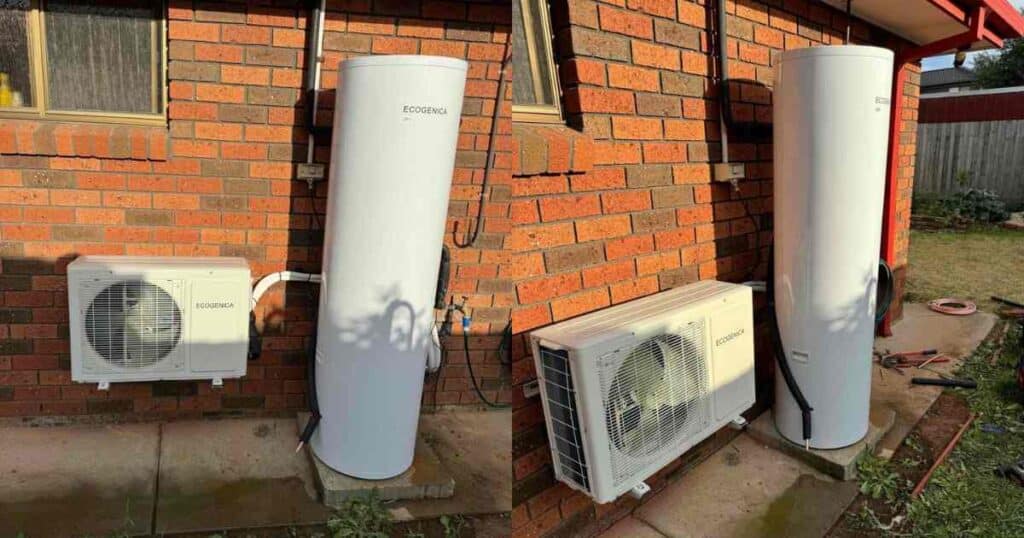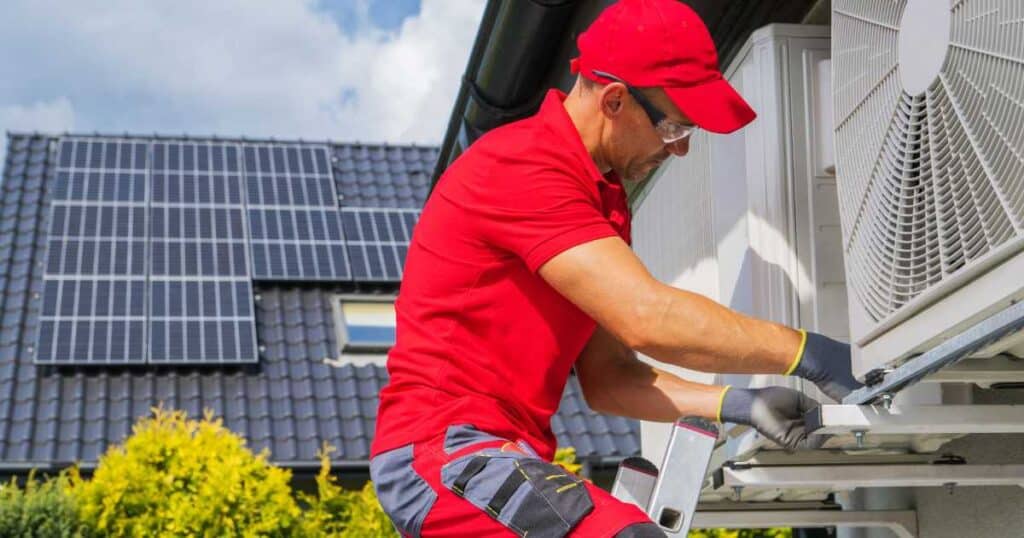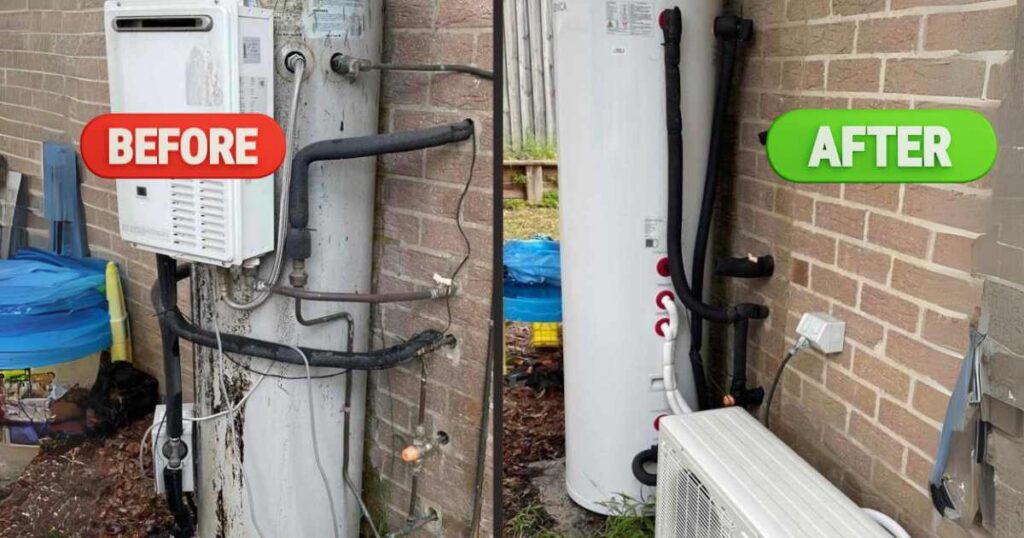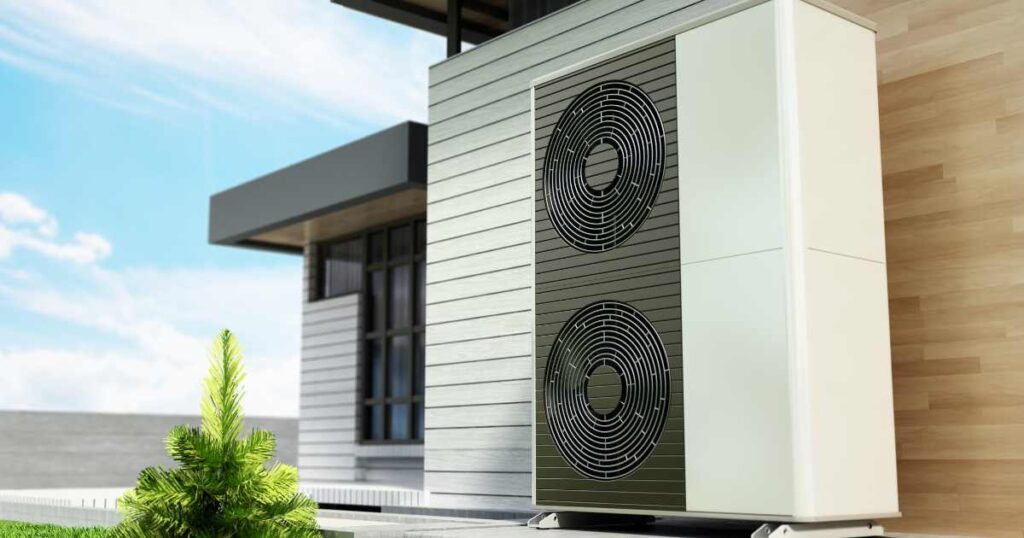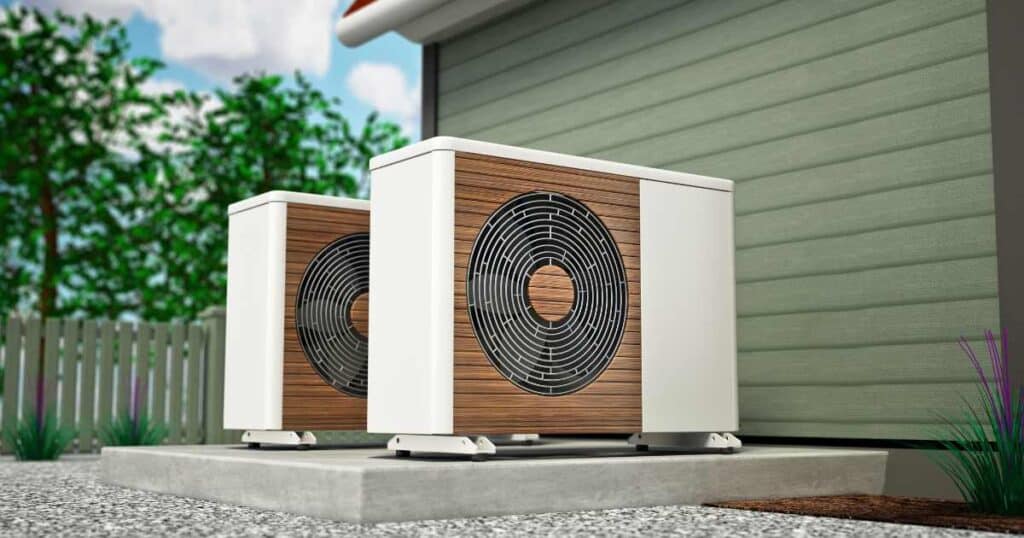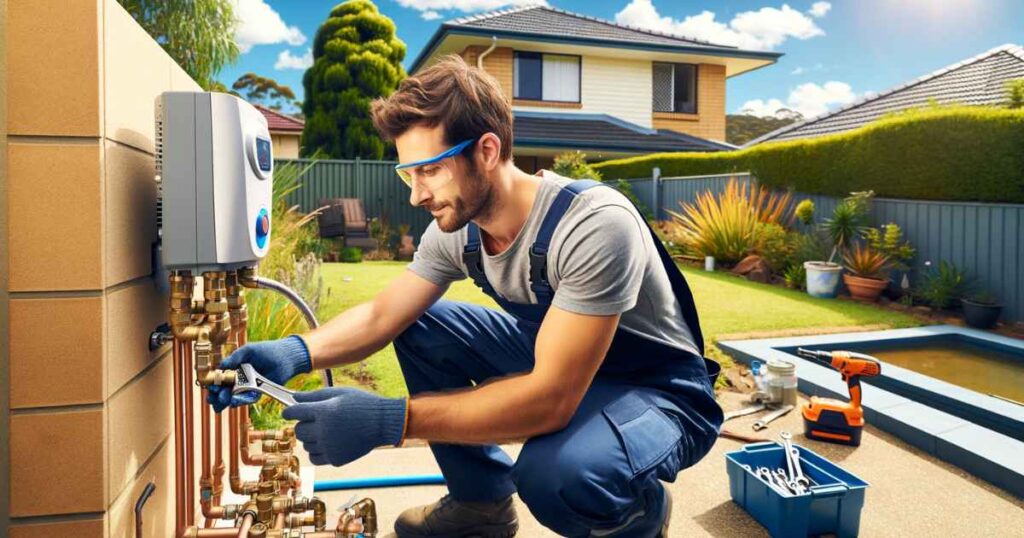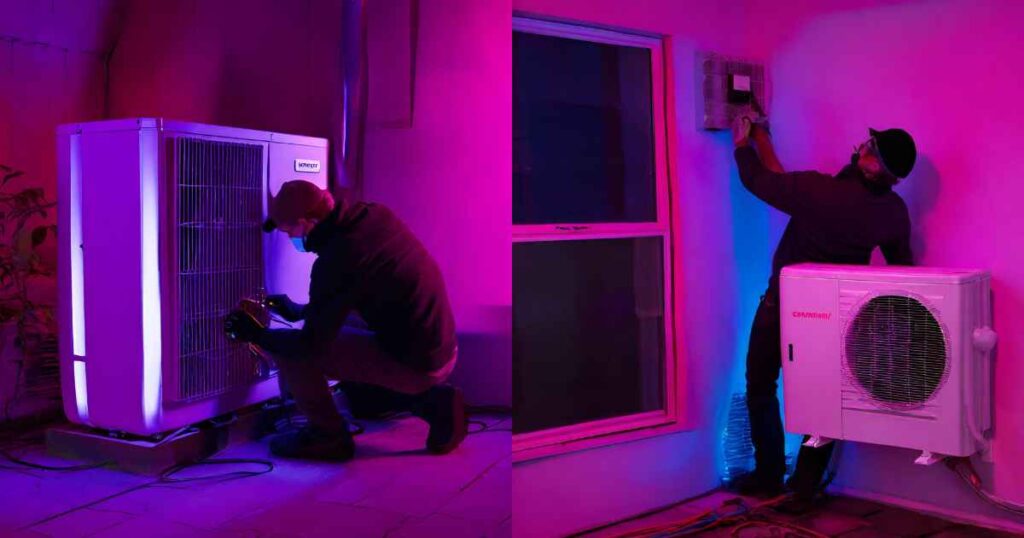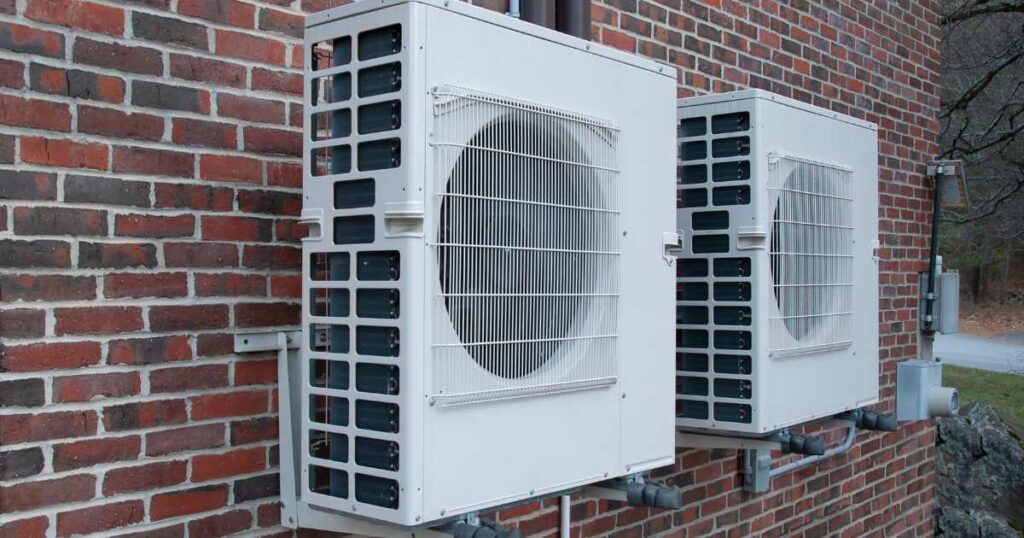Unveiling the Cost-Effective Secret: Hot Water System Heat Pump Price Guide
Hot Water System Heat Pump Price GuideSave
Discover the cost-effective secret to heating your water with our comprehensive Hot Water System Heat Pump Price Guide. In this article, we delve into the world of hot water system heat pumps, uncovering their prices and providing you with the information you need to make an informed decision.
When it comes to heating water, traditional methods can be expensive and inefficient. But with a hot water system heat pump, you can save on energy costs while still enjoying the comfort of hot water for your daily needs. Our price guide takes an in-depth look at different models, their features, and their costs.
Whether you’re looking to replace your current hot water system or considering a switch to a more energy-efficient option, our guide will help you navigate through the options and find the best fit for your needs and budget. We understand the importance of both quality and affordability, which is why we’ve carefully curated this price guide to provide you with valuable insights for your purchasing decision.
Get ready to unlock the secrets of a cost-effective hot water system with our Renewable Energy Upgrades comprehensive price guide.
Advantages of using a hot water system heat pump
Hot water is a necessity in every household, but the traditional methods of heating water can be expensive and inefficient. That’s where hot water system heat pumps come in. These innovative devices offer several advantages that make them a cost-effective and energy-efficient solution for heating your water.
First and foremost, hot water system heat pumps use renewable energy sources, such as air or ground heat, to heat the water. This means that they consume significantly less electricity compared to conventional electric water heaters. By harnessing the natural heat from the environment, hot water system heat pumps can save you up to 70% on your water heating costs.
Another advantage of hot water system heat pumps is their ability to provide both heating and cooling functions. With a simple switch, you can enjoy hot water in the winter and cool water in the summer, making it a versatile and practical solution for year-round comfort.
Furthermore, these heat pumps are designed to be highly efficient, with advanced features like smart controls and programmable timers. This allows you to customize the temperature and operating schedule according to your needs, further optimizing energy usage and reducing costs.
In conclusion, hot water system heat pumps offer numerous advantages, including energy efficiency, versatility, and advanced features. Their ability to harness renewable energy sources makes them a cost-effective solution for heating your water.
Factors that affect the price of a hot water system heat pump
When it comes to purchasing a hot water system heat pump, it’s important to consider the factors that can affect its price. Understanding these factors will help you make a more informed decision and ensure that you get the best value for your money.
One of the primary factors that influence the price of a hot water system heat pump is its size or capacity. Larger units that can accommodate higher water volumes will generally cost more than smaller ones. Additionally, the brand and model of the heat pump can also impact its price, with well-known and reputable brands often commanding a premium.
Another factor to consider is the energy efficiency rating of the heat pump. Models with higher energy efficiency ratings tend to be more expensive upfront but can result in significant long-term savings on energy bills. It’s important to strike a balance between the initial cost and the potential savings over the lifespan of the heat pump.
Installation requirements can also affect the price of a hot water system heat pump. If your home doesn’t already have the necessary infrastructure, additional costs may be incurred for plumbing and electrical work. It’s recommended to consult with a professional installer to get an accurate estimate of the total installation cost.
Lastly, warranty and after-sales support should be taken into account when evaluating the price of a hot water system heat pump. A longer warranty period and reliable customer service can provide peace of mind and potentially save you money on future repairs or maintenance.
Considering these factors will help you determine the right balance between price, performance, and long-term savings when choosing a hot water system heat pump.
Understanding the different types of hot water system heat pumps
Hot water system heat pumps come in various types, each with its own advantages and price range. Understanding these different types will help you choose the one that best suits your needs and budget.
1. Air Source Heat Pumps: These heat pumps extract heat from the surrounding air and transfer it to the water. They are the most common type of hot water system heat pump and are generally more affordable compared to other types. Air source heat pumps are suitable for moderate climates and can provide efficient heating throughout the year.
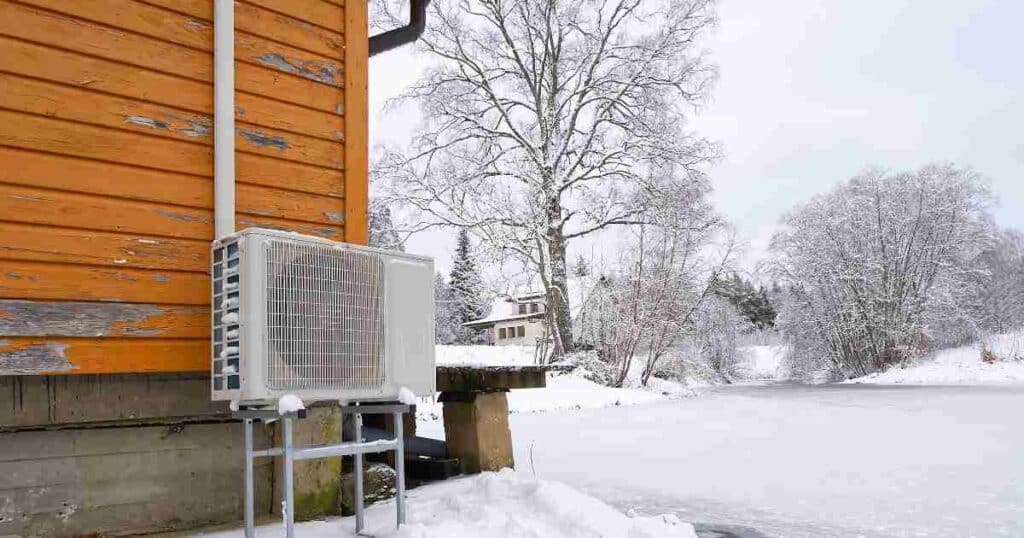
2. Ground Source Heat Pumps: Ground source heat pumps utilize the stable temperature of the ground to heat the water. They are highly efficient and can provide consistent heating even in extreme weather conditions. However, they tend to be more expensive upfront due to the need for ground loops or boreholes for installation.

3. Hybrid Heat Pumps: Hybrid heat pumps combine the efficiency of heat pumps with the convenience of traditional electric water heaters. They utilize both a heat pump and an electric element to provide hot water, allowing for faster heating during periods of high demand. Hybrid heat pumps are a good option for those who want the benefits of a heat pump without completely replacing their existing water heating system.
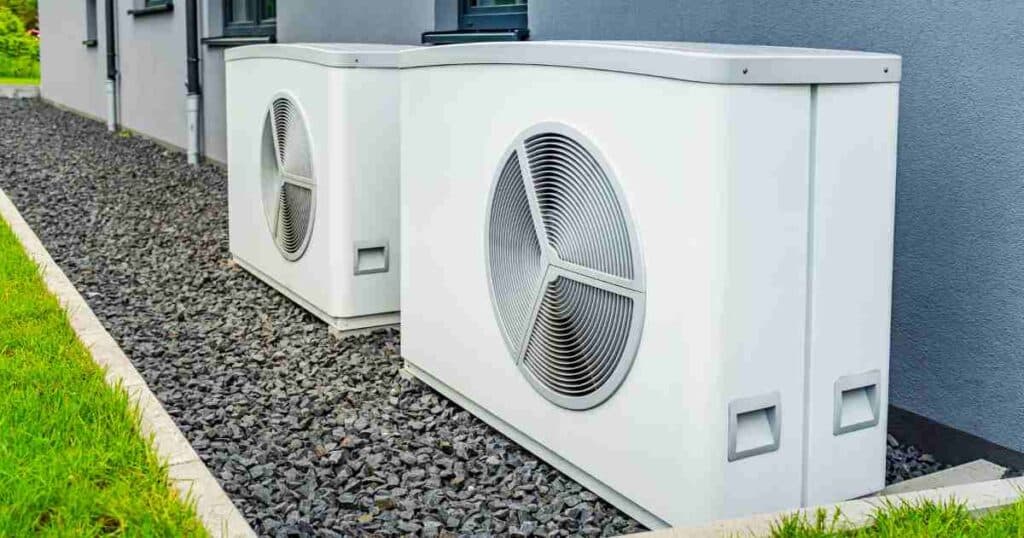
4. Solar Heat Pumps: Solar heat pumps combine the power of the sun with heat pump technology to provide hot water. They use solar panels to generate electricity, which in turn powers the heat pump. Solar heat pumps are an eco-friendly option and can significantly reduce your energy consumption. However, they can be more expensive upfront due to the cost of solar panels.
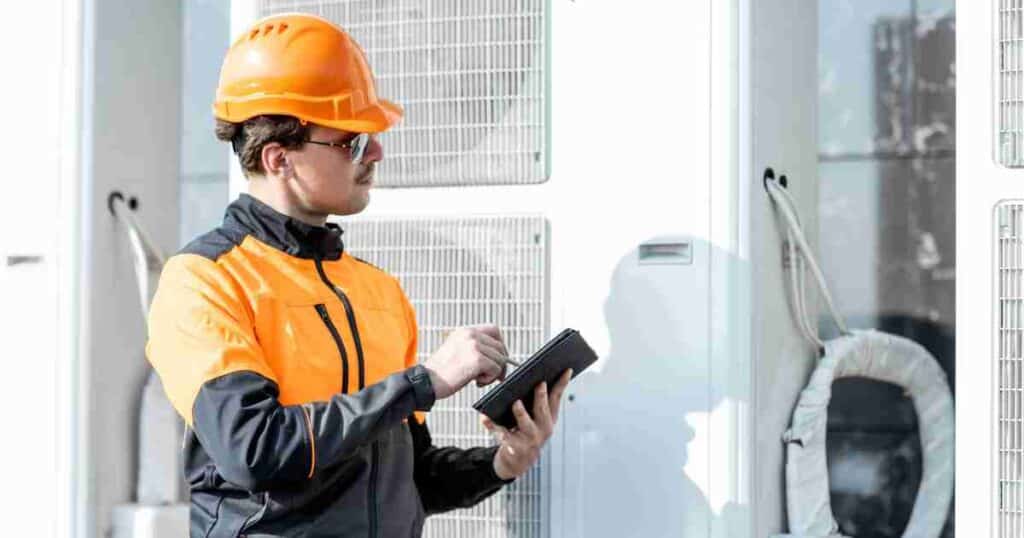
By understanding the different types of hot water system heat pumps, you can make an informed decision based on your specific requirements and budget.
Evaluating the cost-effectiveness of hot water system heat pumps
When evaluating the cost-effectiveness of hot water system heat pumps, it’s important to consider both the upfront costs and the long-term savings. While heat pumps may have a higher initial price compared to traditional water heaters, their energy efficiency can result in significant savings over time.
To determine the cost-effectiveness of a hot water system heat pump, you should consider the following factors:
1. Energy savings: Hot water system heat pumps are designed to be highly energy-efficient, which means they consume less electricity compared to conventional water heaters. By using renewable energy sources, such as air or ground heat, they can save you up to 70% on your water heating costs. Calculate the potential energy savings based on your current usage and compare it with the upfront cost of the heat pump.
2. Lifespan: Hot water system heat pumps have a longer lifespan compared to traditional water heaters. While a conventional water heater may last around 10-15 years, heat pumps can last up to 20 years or more. Consider the lifespan of the heat pump when evaluating its cost-effectiveness, as a longer lifespan would mean more years of energy savings.
3. Maintenance and repair costs: Hot water system heat pumps generally require less maintenance compared to traditional water heaters. However, it’s important to factor in any potential maintenance or repair costs over the lifespan of the heat pump. Look for models with reliable warranties and after-sales support to minimize the risk of costly repairs.
By considering these factors, you can evaluate the cost-effectiveness of hot water system heat pumps and determine if they are the right choice for your budget and energy-saving goals.
Tips for choosing the right hot water system heat pump for your needs
Choosing the right hot water system heat pump can be a daunting task, given the wide range of options available in the market. To help you make an informed decision, we’ve compiled a list of tips to guide you through the selection process.
1. Determine your hot water needs: Assess your household’s hot water requirements to determine the capacity and size of the heat pump you need. Consider the number of occupants, the number of bathrooms, and any specific hot water needs, such as large bathtubs or high shower usage.
2. Research different brands and models: Explore different brands and models of hot water system heat pumps to find the ones that offer the features and specifications you need. Consider factors such as energy efficiency ratings, warranty periods, and customer reviews to narrow down your options.
3. Consult with professionals: Seek advice from professionals, such as plumbers or HVAC specialists, to get expert recommendations based on your specific requirements. They can provide valuable insights and help you understand the installation and maintenance requirements of different heat pump models.
4. Compare prices: Compare the prices of hot water system heat pumps from different brands to ensure you are getting the best value for your money. Consider the upfront cost, energy savings, and long-term durability when comparing prices.
5. Read customer reviews: Look for customer reviews and testimonials to gauge the performance and reliability of different hot water system heat pumps. Real-life experiences can provide valuable insights into the overall satisfaction and durability of the product.
By following these tips, you can confidently choose the right hot water system heat pump that meets your needs, budget, and energy-saving goals.
Comparing hot water system heat pump prices from different brands
When it comes to hot water system heat pumps, prices can vary significantly depending on the brand and model you choose. To ensure you get the best deal, it’s essential to compare prices from different brands and consider the overall value offered.
Here are some popular brands of hot water system heat pumps and their price ranges:
1. Ecogenica: This brand offers a range of hot water system heat pumps with prices starting from $4000 for smaller capacity models and going up to $8000 including rebates for larger capacity models. They are known for their energy efficiency and reliable performance. With renewable energy upgrades, you can get the same product with hassle-free installation. It will cost around 39$ per fortnight for 24 months.
2. Emerald Energy: Emerald Energy specializes in high-end hot water system heat pumps, with prices ranging from $4500 to $8500. They are renowned for their advanced features and durable construction.
3. Chromgen: For those on a tighter budget, Chromgen offers more affordable hot water system heat pumps with prices starting from $3999 Installation charges are excluded. While they may have fewer features compared to higher-priced models, they still provide reliable performance and energy efficiency.
It’s important to consider not only the upfront cost but also the long-term savings and warranty offered by each brand. A higher-priced heat pump with better energy efficiency may provide greater savings over time, offsetting the initial investment.
By comparing hot water system heat pump prices from different brands, you can find the best balance between price, performance, and long-term value.
Call us at 1300 738 787 regarding the exact price details and rebates under the VEU program for your perfect hot water system.
Installation and maintenance costs of hot water system heat pumps
In addition to the upfront price of a hot water system heat pump, it’s important to consider the installation and maintenance costs involved. Proper installation and regular maintenance are crucial for the optimal performance and longevity of your heat pump.
1. Installation costs: The installation costs of a hot water system heat pump can vary depending on the complexity of the installation, the location of the unit, and any necessary modifications to your existing plumbing or electrical systems. It’s recommended to consult with a professional installer to get an accurate estimate of the installation costs.
2. Maintenance costs: Hot water system heat pumps generally require less maintenance compared to traditional water heaters. However, regular maintenance is still necessary to ensure optimal performance and prevent any issues. Maintenance costs may include professional servicing, filter replacement, and occasional repairs. It’s important to factor in these costs when evaluating the overall cost-effectiveness of the heat pump.
To minimize installation and maintenance costs, it’s advisable to choose a reputable brand that offers reliable after-sales support and warranty coverage. Regularly maintaining your heat pump and following the manufacturer’s guidelines can also help prevent costly repairs and extend the lifespan of the unit.
By considering the installation and maintenance costs, you can have a more accurate understanding of the total investment required for your hot water system heat pump.
Common misconceptions about hot water system heat pump prices
There are several misconceptions surrounding hot water system heat pump prices that can hinder potential buyers from making an informed decision. Let’s debunk some of these common misconceptions:
1. Hot water system heat pumps are too expensive: While hot water system heat pumps may have a higher upfront cost compared to traditional water heaters, their energy efficiency can result in significant long-term savings. By factoring in the potential energy savings and lifespan of the heat pump, you can evaluate its cost-effectiveness beyond the initial price.
2. All hot water system heat pumps are the same: Hot water system heat pumps come in various types, brands, and models, each offering different features, specifications, and price ranges. It’s important to research and compare different options to find the one that best suits your needs and budget.
3. Maintenance and repair costs are too high: While hot water system heat pumps do require regular maintenance, the costs are generally lower compared to traditional water heaters. By following the manufacturer’s guidelines and performing routine maintenance, you can minimize the risk of costly repairs and ensure optimal performance.
4. Hot water system heat pumps are not suitable for all climates: While it’s true that some types of heat pumps may be more suitable for specific climates, advancements in technology have made hot water system heat pumps more versatile and efficient. Consult with professionals to determine the best type of heat pump for your climate and hot water needs.
By dispelling these misconceptions, you can make a more informed decision about hot water system heat pumps and enjoy the benefits they offer.
Conclusion: Making an informed decision about hot water system heat pumps
In conclusion, hot water system heat pumps provide a cost-effective and energy-efficient solution for heating your water. By harnessing renewable energy sources and utilizing advanced features, these heat pumps can help you save on energy costs while still enjoying the comfort of hot water.
When considering a hot water system heat pump, it’s important to evaluate the factors that affect its price, understand the different types available, and determine the cost-effectiveness based on your specific needs and budget. Additionally, comparing prices from different brands, considering installation and maintenance costs, and dispelling common misconceptions will ensure you make an informed decision.
With our comprehensive Hot Water System Heat Pump Price Guide, you now have the information you need to confidently choose the right hot water system heat pump for your home. Unlock the secrets of a cost-effective hot water system and enjoy the benefits of energy efficiency, versatility, and long-term savings.


